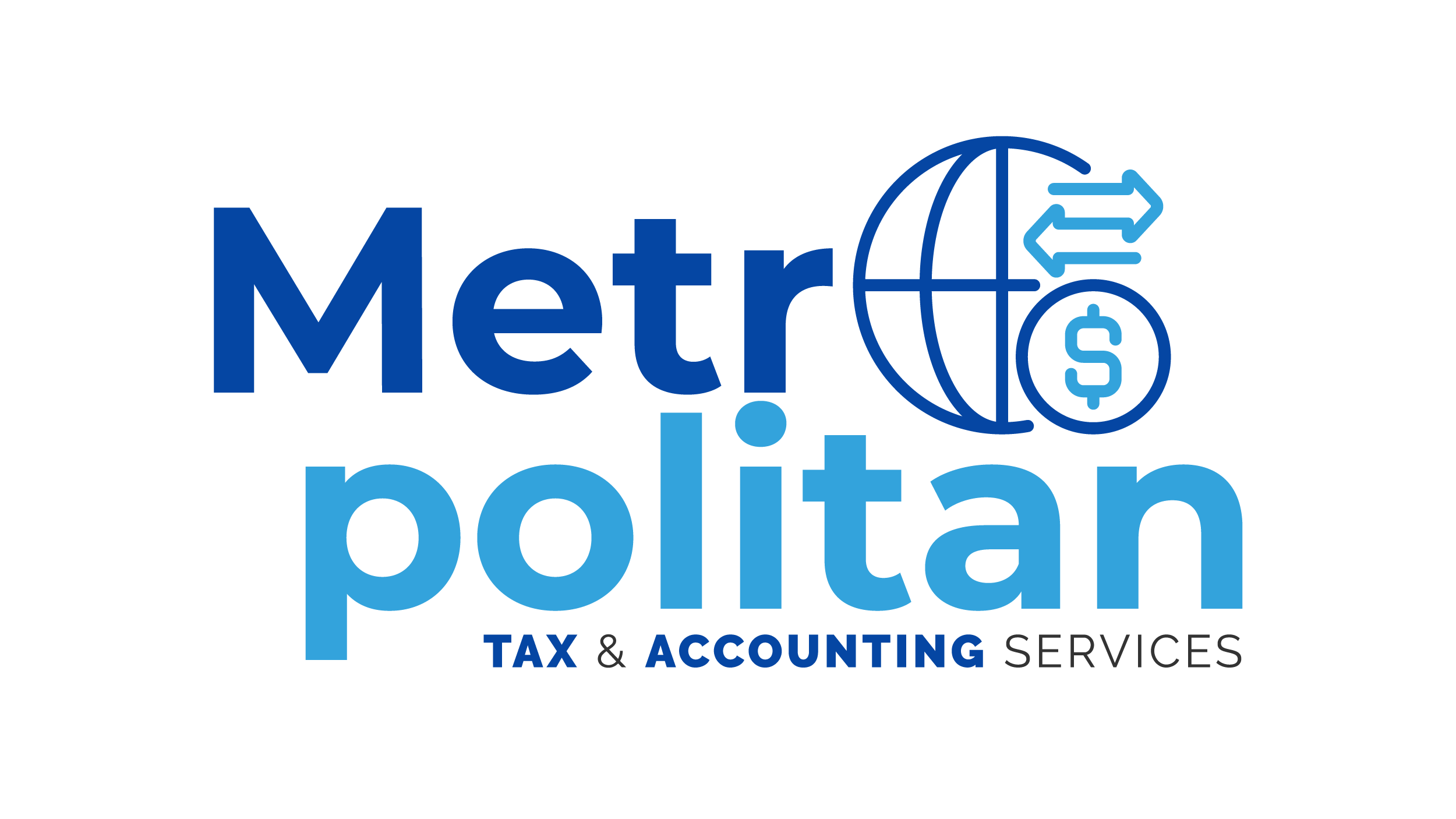As a small business owner, understanding and leveraging tax deductions can significantly reduce your tax burden. With 2025 bringing new tax laws and adjustments, here’s what you need to know to maximize your deductions and keep more money in your pocket.
1. Home Office Deduction
If you use part of your home exclusively for business, you may qualify for the home office deduction. The IRS allows a simplified method ($5 per square foot, up to 300 square feet) or an actual expense method based on a percentage of your home’s expenses.
2. Section 179 and Bonus Depreciation
Purchasing new equipment or vehicles for your business? Section 179 allows you to deduct the full purchase price (up to a limit), while bonus depreciation lets you deduct a large portion of the cost in the first year.
3. Qualified Business Income Deduction (QBI)
If you own a pass-through entity, you may be eligible for a 20% deduction on qualified business income. However, income limits and phase-outs apply, so planning with a tax professional is crucial.
4. Vehicle and Travel Expenses
If you use your car for business, you can deduct mileage (65.5 cents per mile in 2024, subject to 2025 adjustments) or actual expenses like gas, maintenance, and insurance. Business travel expenses, including airfare and lodging, are also deductible.
5. Retirement Contributions
Contributions to SEP IRAs, Solo 401(k)s, and other retirement plans are tax-deductible and help secure your financial future.
6. Health Insurance and HSA Contributions
Self-employed individuals can deduct health insurance premiums. If you have a High Deductible Health Plan (HDHP), contributions to a Health Savings Account (HSA) are also deductible.
7. Professional Services and Education
Hiring an accountant, attorney, or consultant? Their fees are deductible. Continuing education related to your business is also tax-deductible, helping you stay ahead in your field.
Final Thoughts
Maximizing deductions requires careful record-keeping and strategic planning. Consulting with a tax expert ensures you take full advantage of these opportunities while staying compliant with IRS rules.




Leave a Reply